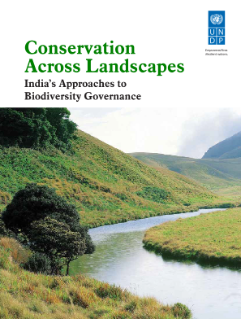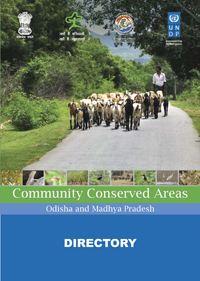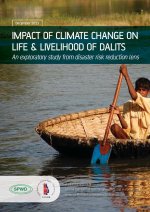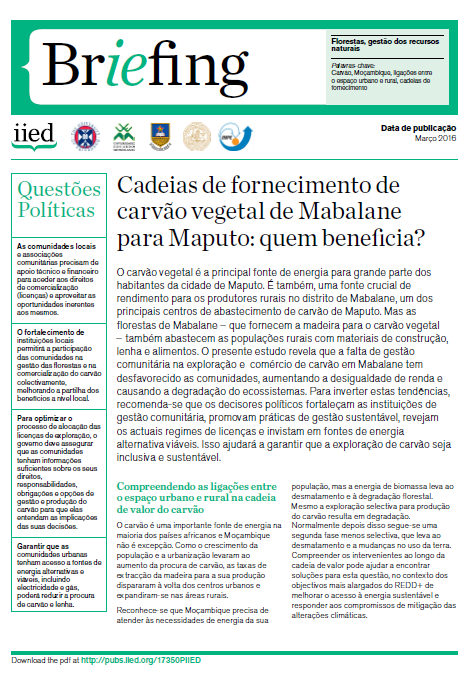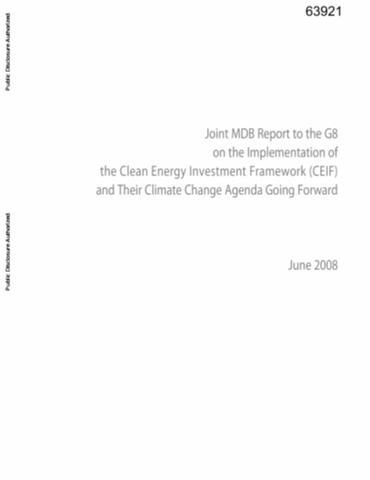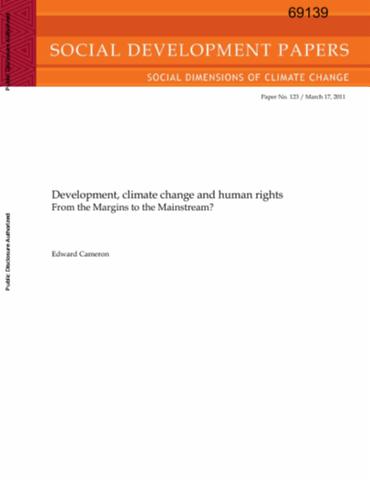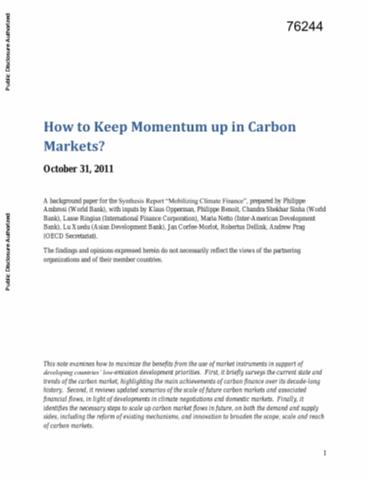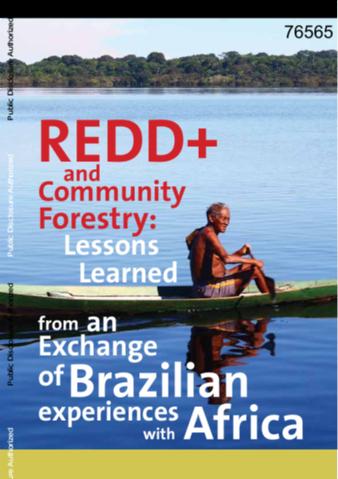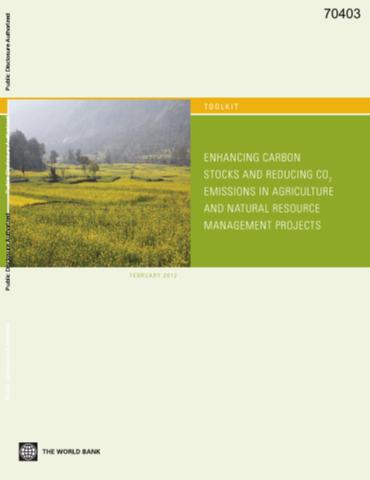Conservation Across Landscapes: India’s Approaches to Biodiversity Governance
The publication examines five biodiversity governance models that have helped conserve India’s natural landscape. It presents salient features of these models and explores their effectiveness in conserving biodiversity, providing community access to resources and sharing of benefits and institutional design.

